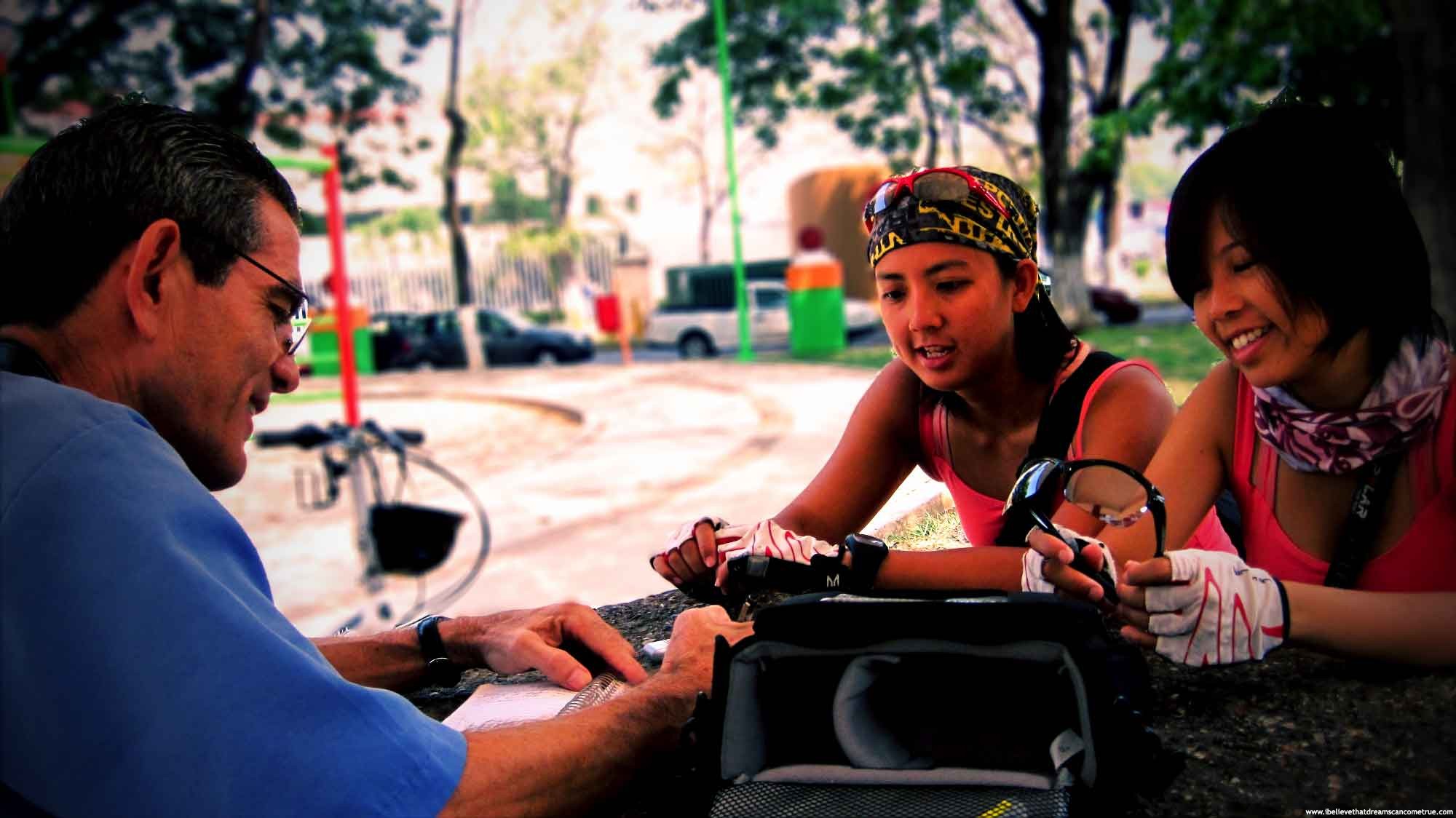
"Another World is Possible" is a phrase associated with the current iteration of the Zapatistas in the state of Chiapas in Mexico. On January 1, 1994, when the North American Free Trade Agreement came into affect, the Zapatista Army of National Liberation (Ejército Zapatista de Liberación Nacional, EZLN) went public with and their intention to rule themselves. They were responding to their frustration over how the peaceful negotiations with the Mexican government were getting them no closer to land reform.At that time they issued their First Declaration and Revolutionary Laws from the Lacandon Jungle. Over several years the indigenous people living in Chiapas set about forming their own Good Government councils (Juntas de Buen Gobierno) and managed by the people. Within that structure, they organized health care, education and employment opportunites.
Contradictions
Global Capitalism has expanded its free-markets, global resource extraction and dehumanization of labor. This economic system has resulted in Endless Wars, Environmental Destruction, Loss of Bio Diversity and Species Extinction, depletion of millions of acres of Arable Land, Climate Change's rise in the Earth's temperature by 2.05 degrees Farenheit, Warming of the Earth's oceans by .06 degrees F, shrinking of the Ice Sheets by billions of tons, Global Sea Level rise by 8 inches in the last century, extreme weather events and Ocean Acidification by 30%.
According to a 2019 UN report 1 million plant and animal species are threatened with extinction. And the World Wildlife Fund reports that an average 68% fall in more than 20,000 populations of mammals, birds, amphibians, reptiles and fish since 1970. The cummulative impact on human populations across the globe has resulted in Starvation, Epidemics, loss of Unique Languages and Cultures that have led to Mass Migration.
People have have continued to fight back against the the concentration of wealth with protests against the World Trade Organization and with the global Occupy movements.
The impact of Social Media
In 2015, Zeynep Tufekci gave a talk at TEDGLOBAL entitled "How the Internet has made social change easy to organize, hard to win." Ms Tufekci is an Associate Professor at the UNC School of Information and Library Science. She discussed several examples of how social media had enabled millions of people to mobilize mass protests against governments all over the world in a matter of days. Among others she referenced the 2011 Occupy Movement that began in New York and the subsequent protests in Tahrir Square in Cairo. The individual protests were often particular to that country and were a response to diverse issues from the cost of gasoline to teacher pay. During the protests, much of daily life was frozen including public transportation and manufacturing.
She argues that the public expressions of frustration did garner responses from the governments, but often not lasting changes in public policies or procedures. In contrast, she compared social media's quick mobilization to organization of the 1955 Bus Boycott in Montgomery, Alamba. Here she notes that much work was spent building lasting networks between neighbors, schools and churchs that kept people connected long after the boycott. You can see her talk here
Opportunities
The demand of the people to rule themselves comes out of a committment to self-determination. Over many decades, Americans in the United States have repeatedly moved to a more engaged form of "participatory governance" in preference over "representative governance." We participate on commmittees to craft the school board policies, energy polcies and general plan policies.
In an article entitled "Everyday Activism and transitions towards post-capitalist worlds, authors Paul Chatterton and Jenny Pickerill highlight autonoumous geographies in Great Britain. They looked at three case studies autonmous social centres, Low Impact Developments and tenant's network. Read the article ![]() here
here
Authenic Voices